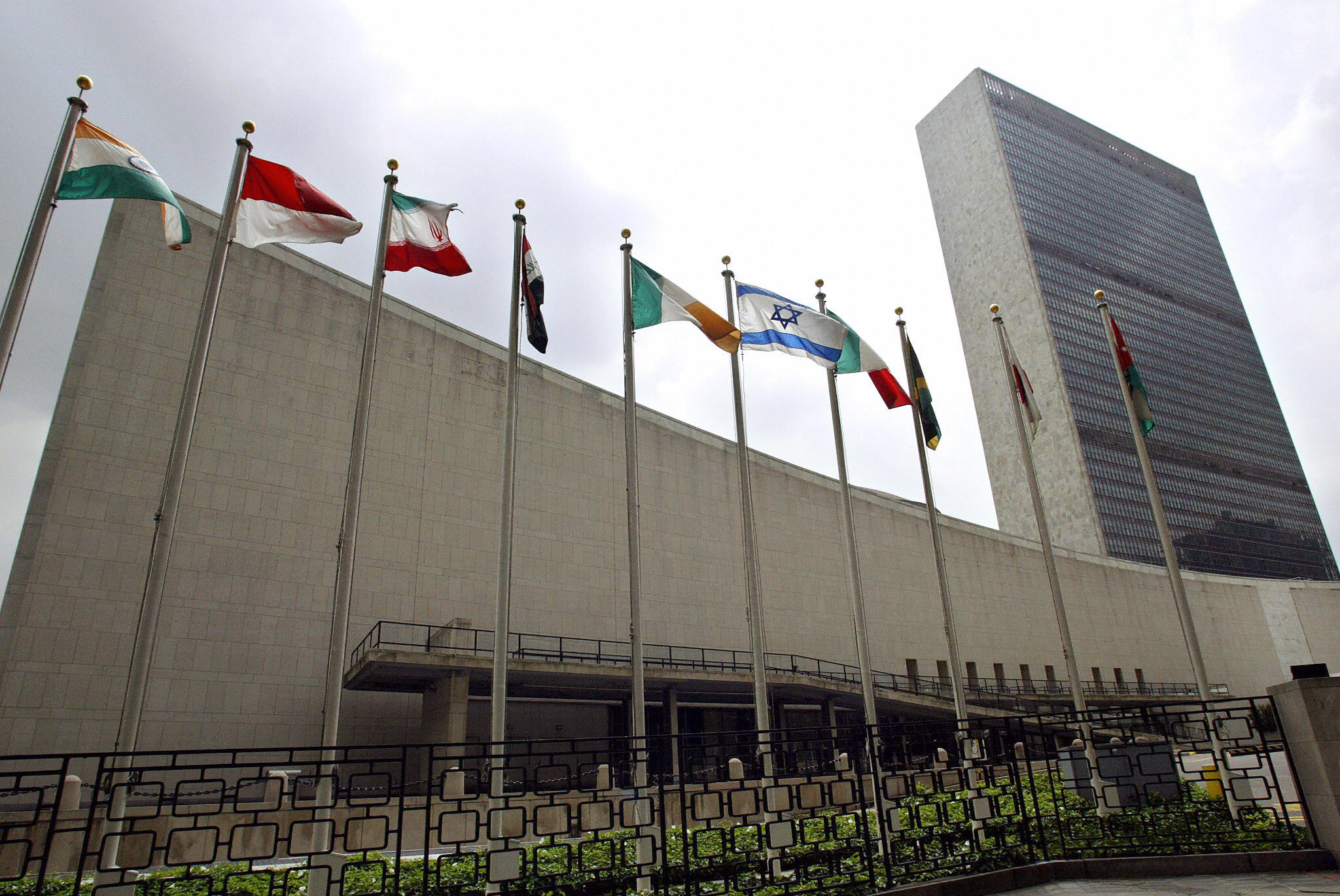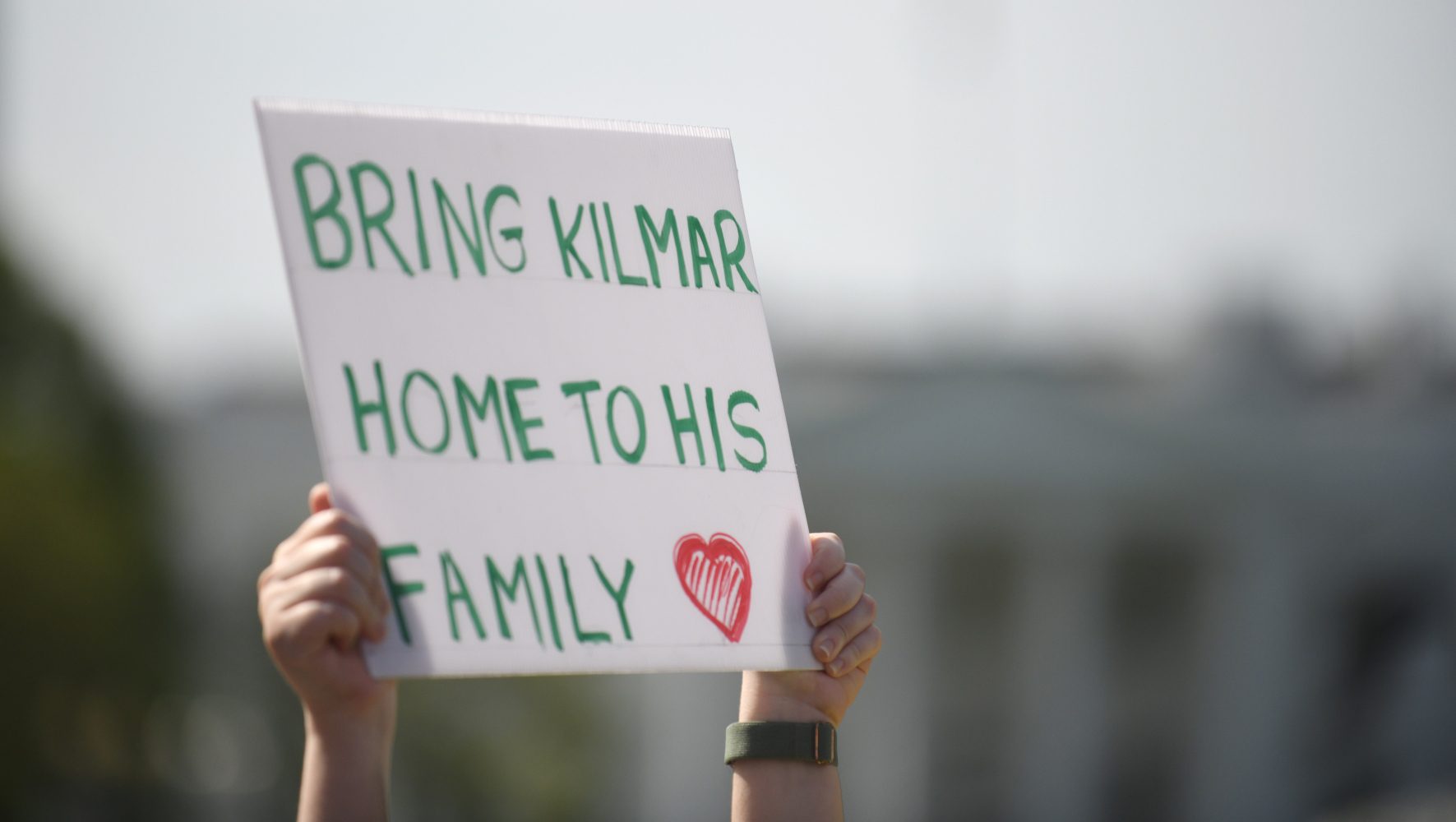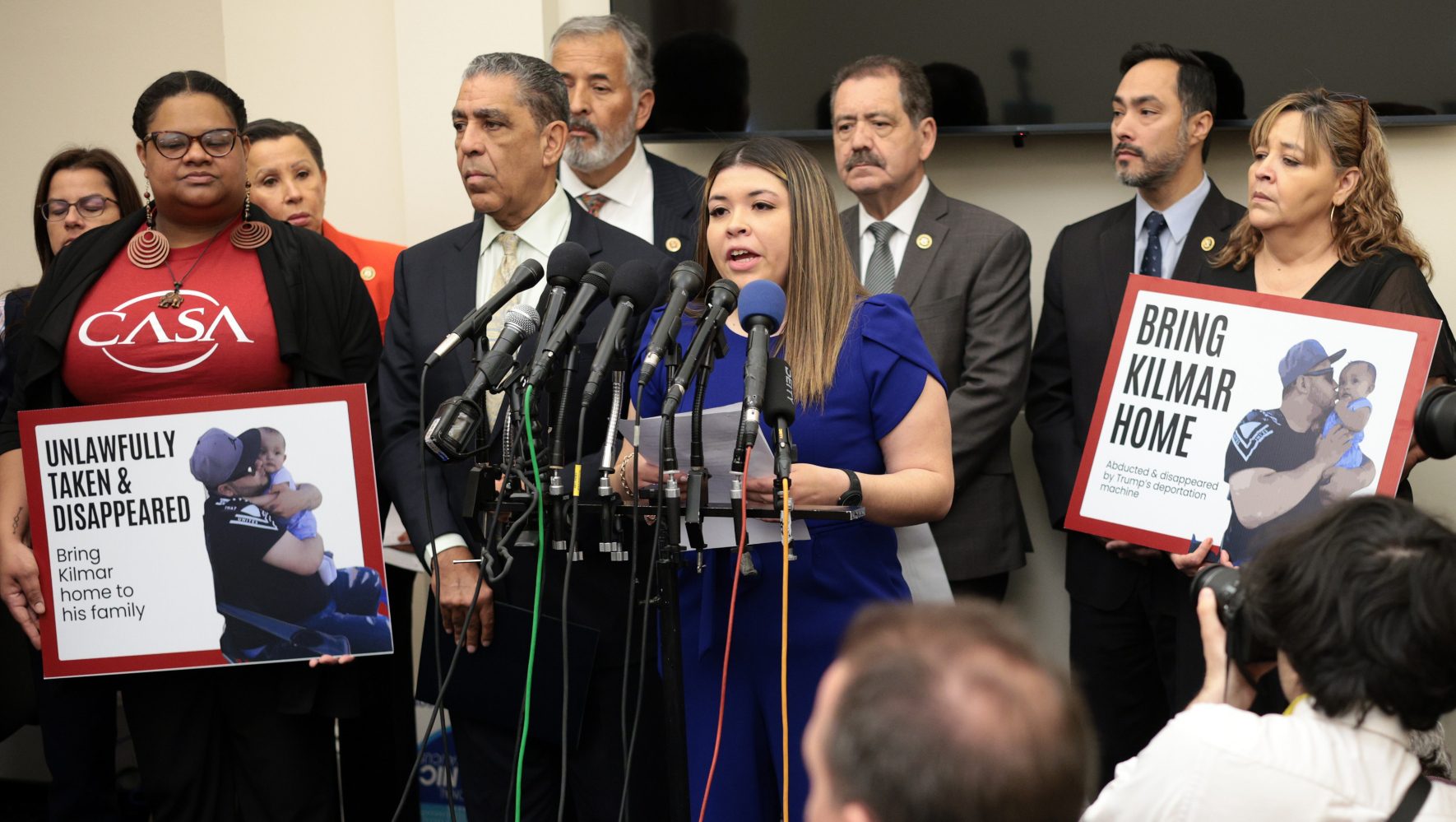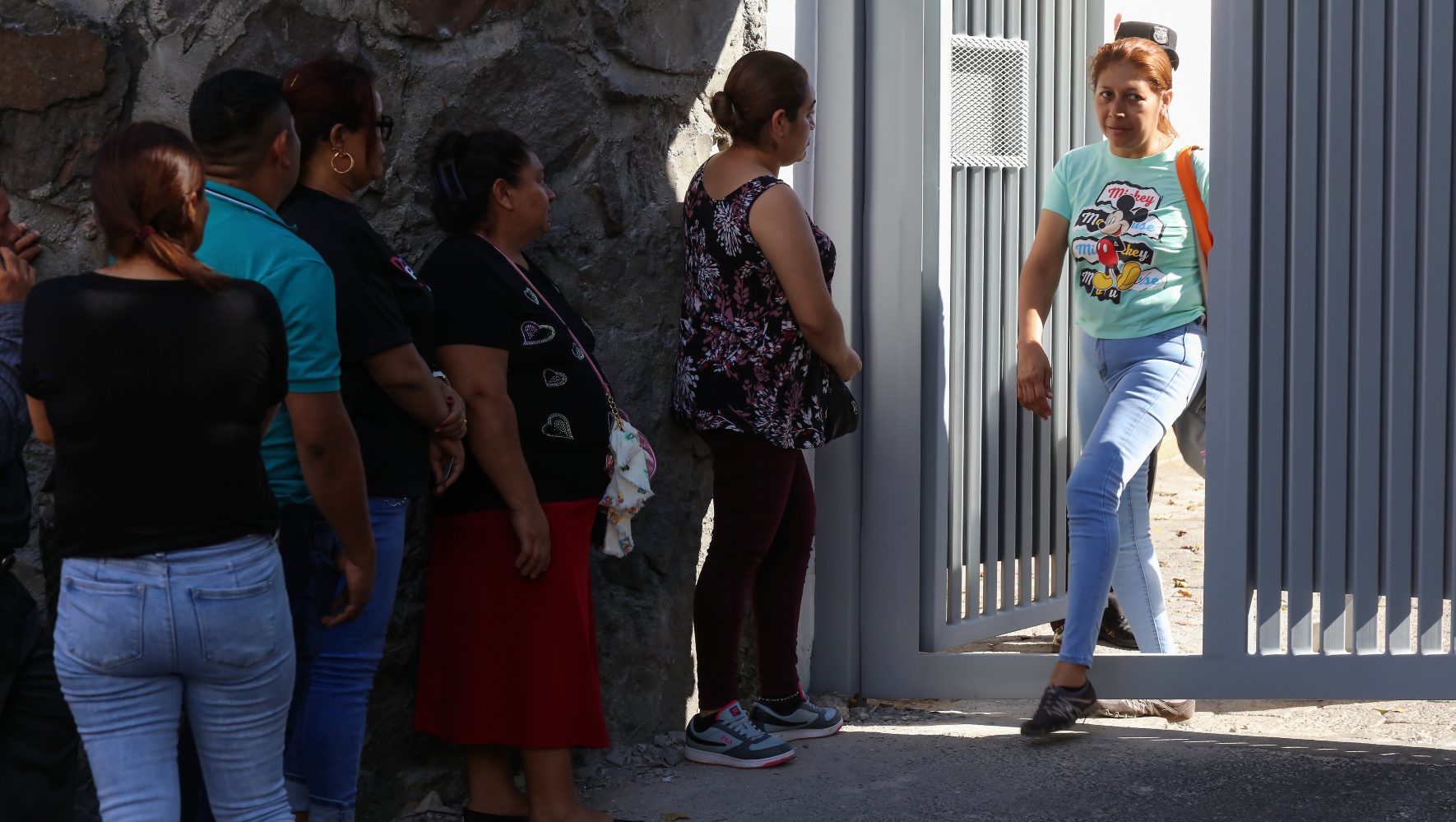The World Gathers to Confront the Refugee Crisis: Here’s What You Need to Know
By Rachel Nusbaum, HIAS.org
Sep 14, 2016

United Nations headquarters in New York.
(DON EMMERT/AFP/Getty Images)
In the midst of a global emergency, geopolitical forces can move at a seemingly glacial pace. By the end of 2015, more than 65 million people worldwide were displaced from their homes – the highest number ever recorded.
People of goodwill around the world have urged their governments to act, to do more to help. And many have responded. Canada has welcomed nearly 30,000 Syrian refugees since November 2015. The United States committed to welcoming 15,000 more refugees in 2016 than it had the year before and has already met its goal of resettling at least 10,000 Syrians. More than a million refugees and asylum seekers arrived in Germany last year. Even tiny Lebanon hosted more than a million refugees in 2015.
But despite the global nature of the problem, there hasn’t yet been a truly unified effort to identify solutions and to act in a coordinated way to ease the plight of those caught up in this crisis — until now.
This month, the world will finally gather to try to address the displacement affecting millions of people around the globe. World leaders will convene in New York on September 19 during the UN General Assembly to address the crisis. It’s the first time such a high level gathering has ever been held solely to focus on refugee and migration issues.
The following day, President Obama will convene dozens of heads of state for the Leaders’ Summit on the Global Refugee Crisis with the goal of increasing resettlement, providing more humanitarian assistance, and securing access to education and work for refugees.
This is a historic opportunity, and we cannot allow it to be squandered. HIAS is calling on those participating in these summits to do all they can to ensure real results for the millions who are currently displaced from their homes — and we hope you’ll add your voice to that call. There are a number of ways countries can have an impact, from making sure more families have an opportunity to rebuild their lives in safety to ensuring those who remain in the country to which they first fled have a chance to work, go to school and generally get on with their lives in a way that recognizes and serves their individual human potential.
The Jewish community will be watching closely, because today’s refugee law comes directly from our own historical experience as refugees. In 1951, the international community first adopted the Refugee Convention in response to the needs of millions of persons displaced after World War II, many of them Jewish refugees who survived the Holocaust. Today’s international refugee protection framework, built over decades on the foundation of the 1951 Refugee Convention and its 1967 Protocol, was meant to ensure that never again will a persecuted person be prevented from seeking and finding asylum.
That’s why we’re urging the world not to fail today’s refugees. Now, as in 1951, we need the international community to work together to help the innocent men, women and children who have been displaced by war and persecution.
The American Jewish Community is calling on world leaders to ensure that every refugee who seeks protection will find it, that every refugee has timely access to durable solutions, and that the human rights of every refugee and migrant be respected.
The United States has long been a global leader in refugee resettlement, and that leadership is needed now more than ever before. That is why HIAS is joining other U.S.-based refugee protection organizations to call on the U.S. to provide protection to at least 200,000 refugees in the next year, the majority through the admissions process but others through alternative pathways like work visas and scholarships. Such a commitment must, of course, come alongside a level of funding that ensures that refugees have access to the services and support they need to integrate quickly and successfully in welcoming American communities.
The current situation, where many refugees struggle to survive for decades or even generations with limited or no access to school and virtually no right to work, is both untenable and inhumane. We need world leaders to ensure that their countries will uphold refugees’ right to work and pursue an education. We need leaders of developed countries to better support host countries and commit to doing much more for refugees in countries of first asylum. And we need countries with the resources to do so to collectively pledge to resettle at least 10% of the world’s refugees each year, to ensure that the most vulnerable refugees find a long-term solution in which they and their families can, at last, be safe.
Remind our leaders that when they meet in September, the world will be watching. Click here to add your name.


